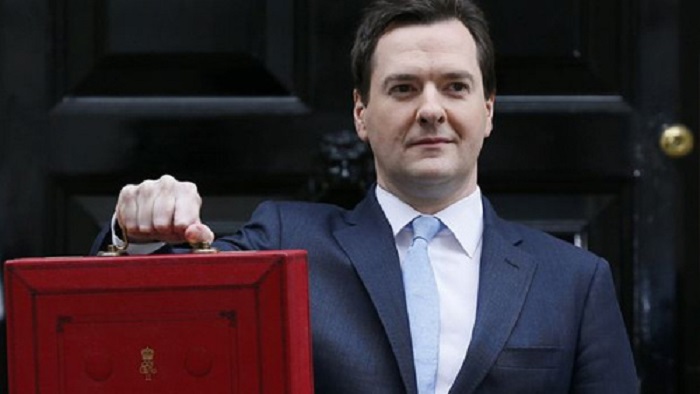In May the Conservative Party portrayed the election as a choice between Tory competence and Labour chaos. Labour’s spending and borrowing compared to the Conservative “long term economic plan”. The electorate made their choice and the current government received a mandate to cut the budget deficit and fix the economy.
Britain is now purportedly on the path to economic sanity, but you can be forgiven for having some moments of doubt. In this foul year of our Lord 2015, after nearly six years of “austerity, we will still spend £70 billion over budget. Should we redefine what the word “austerity” means?
The economic madness really began when Gordon Brown and Ed Balls implemented their plans for a high tax, high spend, much enlarged state and continental style economy. As we know only too well, it grew completely out of control.
The government has the opportunity to reshape the British state permanently, and when ideas are floated about “thinking the unthinkable” and slashing budgets by 40%; there is a flicker of hope that they might grasp it with both hands. Sadly, there is too much evidence to the contrary to believe anything serious is really being done to end the public spending spree and return to a sensible, sustainable fiscal situation.
“Austerity” Osborne routinely talks flippantly about spending £2 billion here and £2 billion there on infrastructure projects, but not-so-funnily enough that is the exact sum of money that the UK has to borrow each week just to plug the gap between our income and our outgoings. This looks an awful lot like a policy of spending and borrowing.
The £60 billion a year we pay to cover the interest on our borrowings is now the fifth largest item of public spending, exceeded only by the budget for welfare, education and the NHS. Yet our government, elected on a platform of the “long term economic plan”, does not seem to grasp the severity of the situation.
The chancellor intends to cut the deficit to zero and run a budget surplus by the end of the parliament, which is the same aim he had in 2010. Yet we have NHS managers, council officials and BBC executives lining their pockets with taxpayer’s cash with salaries beyond the £142,000 earned by the prime minister.
We intend to build HS2 with £50 billion of borrowed money and build a replacement for Trident for approximately £60 billion of borrowed money, none of which is accounted for in the annual budget. How can we possibly afford these projects?
We borrow money to send abroad in aid, and go to great lengths to splurge the cash just to meet the budget target, resulting in scandalous waste and corruption. We do this every year, and boast about it, pat ourselves on the back because of it, despite the mountains of evidence of waste and corruption, despite the cash lining the pockets of third world governments and dictators.
Both David Cameron and George Osborne have spoken of the importance of being prepared for the “global race”, the great economic competition, yet we transfer billions upon billions (of borrowed money) every year to the European Union, which redistributes it to rival economies. It is not a rational economic or foreign policy to borrow money to give to a foreign body for the dubious benefits of being ruled by it.
I really do wonder sometimes if our leaders have any idea what they’re doing. Is this simply a matter of the blind leading the ignorant? It doesn’t really bear thinking about. Sometimes the only conclusion one can reach is that this is a mad country, ruled by mad people.
